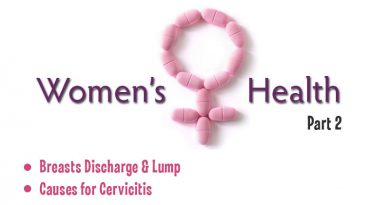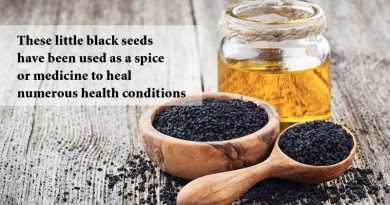Boost Energy Naturally
Leading increasingly busy lives, we can often feel tired and drained. While carrying out our daily duties, many of us may be hard-pressed to keep up our energy levels.
Here are some lifestyle changes you can make to boost your energy naturally.
1. GET MORE SLEEP
Sleep often gets put on the back burner when we’re busy. From pushing back bedtime to meet a deadline or missing a few hours of sleep due to work shifts, we cut back on valuable sleep hours. This can result in lethargy, grumpiness and fatigue.
While seven hours nightly are generally recommended, some people require a bit more or less sleep. Make a point to wind down from your day with relaxing activities before bed – having a bath, reading a book or going to bed half an hour earlier than usual.
Also try to avoid using phones and other screens around bedtime – linked to poor sleep quality and increased sleepiness through the day. If your sleep is being impeded by worries and stress, you can look into meditation or mindfulness practices.
2. REDUCE STRESS
It’s very common for people with hectic lives to feel stressed, anxious or overwhelmed. This translates in lack of concentration, racing thoughts and difficulty switching off, and can take a toll on physical and mental health.
To improve energy levels, take time out to relax, read or go for a walk. However, if you feel extremely stressed and anxious, you should seek medical and psychological help.
3. MOVE MORE

Regular exercise is essential for reducing risk of chronic diseases (heart disease, diabetes and obesity). Good news! You don’t need to take part in extreme, boot camp-type workouts to enjoy the benefits.
One study found that “sedentary people with persistent, unexplained fatigue decreased their tiredness by around 65% just by regularly participating in low-intensity cycling.” Other studies have suggested that taking a 10-minute walk when you feel tired is a more effective “pick me up” than having a snack.
To get more exercise into your day, try moving away from your desk intermittently and going for a walk during your lunch break.
4. AVOID SMOKING
Smoking is one of the most damaging habits for your health. Cigarette smoke is extremely harmful and increases risk of numerous health conditions such as lung cancer, heart disease and stroke.
If you’re a smoker, the best thing you can do for your energy levels is to quit this detrimental activity. You may find it helpful to wean off with a nicotine replacement – chewing gum or an e-cigarette. Your doctor can point you in the direction of the appropriate support services.
5. LIMIT ALCOHOL
Undeniably, it’s a big feature of parties and other events, but, beware, drinking alcohol is another habit that can leave you feeling sapped because it can act as a sedative and bring on drowsiness.
Drinking alcohol before bed can impede sleep quality and make you more lethargic. Alcohol can also act as a diuretic, waking you up to visit the bathroom. If you want to have a drink, make sure to do so within the recommended guidelines and avoid alcohol close to bedtime.

6. EAT NUTRITIOUSLY
Sound eating habits reduce the risk of developing chronic diseases and can also affect energy levels. Choosing whole, nutritious foods the majority of the time will give your body nutrients for optimal functioning.
However, a diet of processed foods, high in sugar and fat, will erode your energy levels and general health. Moreover, if you eat erratically, and regularly skip meals, you may deprive you of necessary nutrients, contributing to fatigue.
It’s also vital to consume enough food to keep you fuelled throughout the day. Extreme dietary restrictions can result in a lack of both calories and essential nutrients, such as iron, which can impact negatively on energy levels.
7. AVOID ADDED SUGAR
When you feel depleted, it can be very tempting to reach for a sugar-filled snack, but this only causes a surge of energy, followed by a slump (blood sugar spike).
To maintain healthy energy levels, avoid foods high in added sugar. Complex carbohydrates are released more slowly into the bloodstream, and so are preferred options. You can improve your diet by eating whole and fibre-rich foods such as whole grains, vegetables and legumes.
8. KEEP HYDRATED
The body is made of 55–75% water, depending on age. During the day, water is lost through urine and sweat, so we need to drink enough water to compensate for this.
Dehydration can affect brain function, mood and energy levels, so be sure to drink when thirst calls. If you sweat a lot from the heat or being extremely active, you may need to drink a little more.
If you feel sluggish and are not sure if you’re taking in enough water, try drinking regularly throughout the day to help you stay hydrated.
9. BE SOCIABLE
Social connections are very important for maintaining good health. Isolation can cause low mood and fatigue, especially as we age.
If you feel tired and in low spirits, it can be helpful to get out – socialising with friends, joining a club or starting a new hobby that involves interacting with other people.




